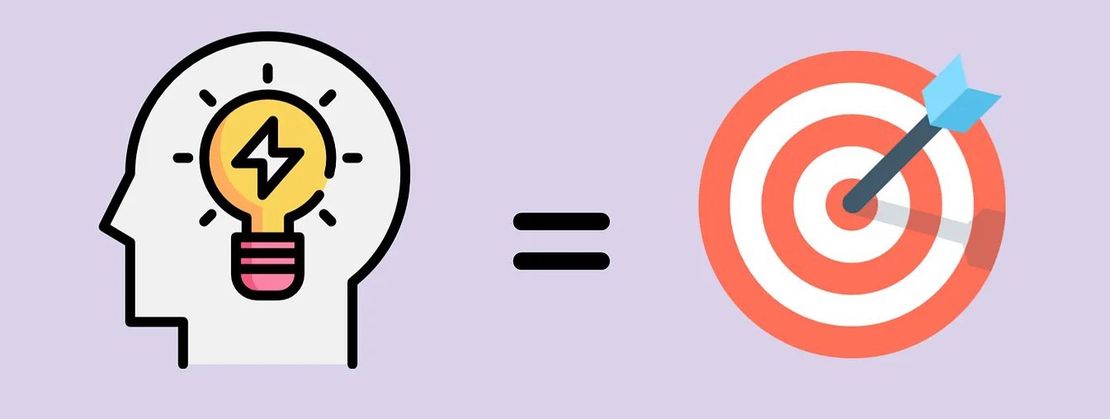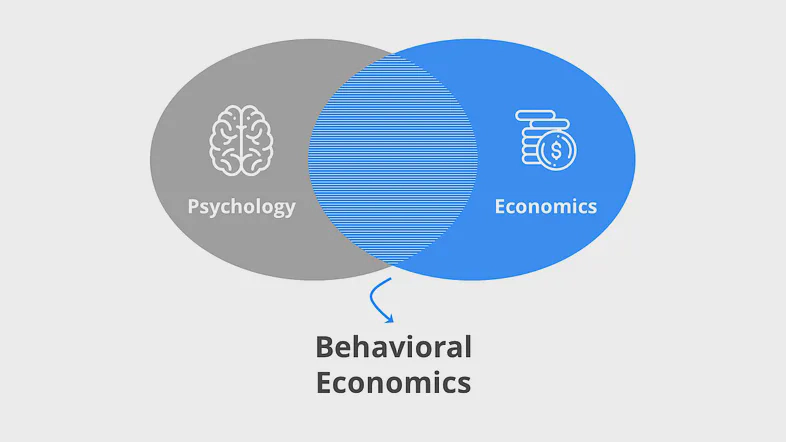
Are human beings always rational?
- Sejal Gupta
- Behavioral economics
- March 22, 2021
Every discipline has its own set of assumptions. These assumptions are made to simplify processes so that they are easier to understand. Behavior can be rational or irrational. Economists assume that people behave in rational ways and consider options and decisions within logical structures of thought instead of involving emotional, moral, or psychological elements.
Fact
Rationality is one of the most over-used words in economics.
Rationality as an assumption is made to understand consumer and business behavior better when making economic decisions. However, critics often argue that this assumption in any economic model is unrealistic and doesn’t hold up in the real world.
Individuals that act rationally under all circumstances are referred to as Homo Economicus or Econ. However, Homo sapiens or humans do not have the infinite capacity to make rational decisions. They are likely to get influenced by emotion and other psychological factors.
Rational Choices vs. Reality

Now let’s imagine a scenario where a human being invited an Econ for dinner. They are both watching a football game when the human brings a bowl of cashew nuts from the kitchen. They’re both enjoying munching on the nuts while watching the game. But soon, the human realizes that the cashews are destroying their appetite for dinner, so he removes the bowl of nuts.
As soon as the human removes the bowl of nuts, this is how a conversation between a perfecting rational Econ and Human goes like:
Econ: Why did you remove the cashews?
Human: Because I did not want to eat any more of them.
Econ: If you did not want to eat any more nuts, then why go to the trouble of removing them? You could have simply acted on your preference and stopped eating.
Human: I removed the bowl because if the nuts were still available, I would have eaten more.
Econ: In that case, you prefer to eat more cashews, so removing them was stupid.
This example was quoted by one of the founding fathers of behavioral economics Richard Thaler in his book “Misbehaving: The Making of Behavioral Economics.” With this example, he established that people don’t always know what they want, much less what’s best for them!
What’s behavioral economics all about?
Since humans don’t always make rational decisions, we need to introduce these factors into economic models to understand real-life economic decisions better. This is where behavioral economics comes in!
Behavioral economics examines the psychology behind economic decision-making and economic activity. Behavioral economics examines the limitation of the assumption individuals are perfectly rational.

It draws on psychology and economics to explore why people sometimes make illogical decisions, i.e., why people choose option B when they must be choosing option A. Humans behave differently from econs because they are emotional and distracted easily. As illustrated above, sometimes, due to a lack of self-control, humans end making decisions that are not in their best interest. The lack of self-control is evident when people on a diet choose to buy smaller servings of chocolates/chips rather than larger ones (even though they are costlier) just because they’re afraid they might binge. On the other hand, an econ would act rationally and choose to eat just half a bar of chocolate or half a pack of chips from the larger packing.
In upcoming blogs, we’ll explore various aspects of the field of behavioral economics in detail.
Until then, happy reading!
Tags :
Related Posts

Why is less, more? : The Choice Overload Phenomenon
Do you remember how long it took you to decide which movie to watch on Netflix last time?
Read More
A Tub of Popcorn & Decoy Effect
Most of us think of movies whenever we hear the word popcorn.
Read More
Coffee Shop Menus, Zomato & Price Targeting Strategies
Remember when Zomato introduced the “Add tip for the delivery executive” feature?
Read More